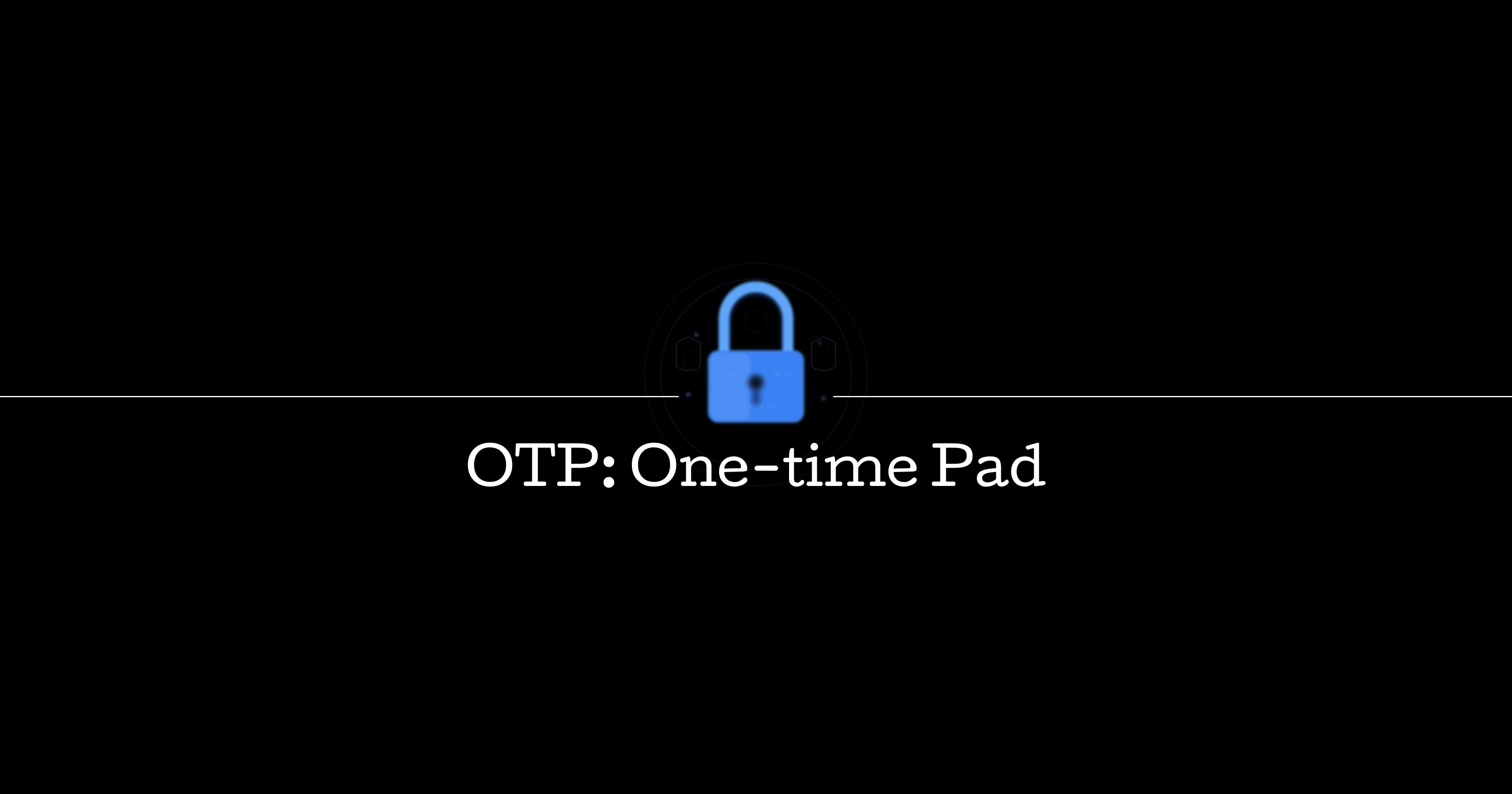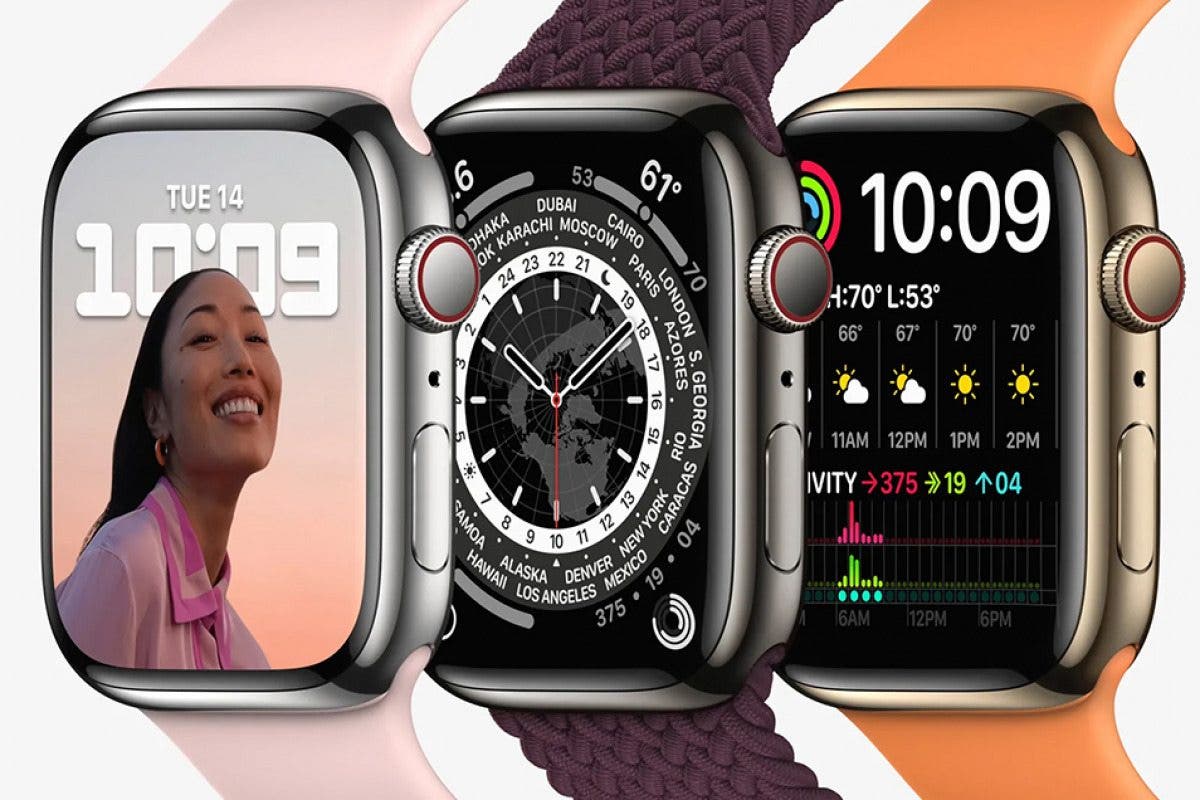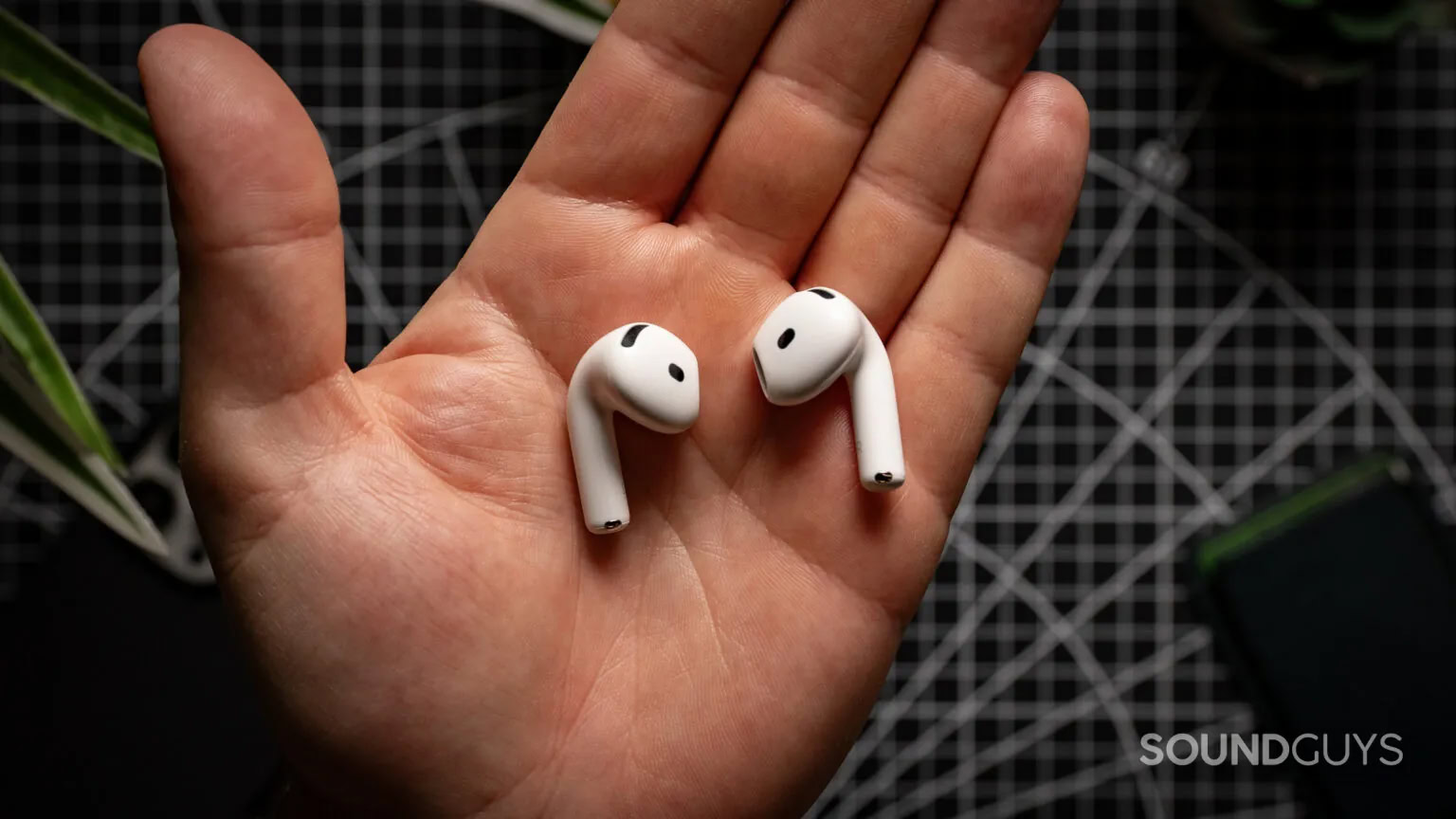The European Union is currently carrying out a consultation process into the impact of its Digital Markets Act (DMA). This is the antitrust legislation which required Apple to permit third-party app stores and which the company says has made it impossible to release some software features to EU users.
In its response, Apple says it has not yet released either iPhone Mirroring or AirPods Live Translation within EU countries over privacy concerns, and it expects more features to be delayed in Europe. The company has told us there is even a tiny possibility that some hardware launches might be affected …
A quick primer on Apple and the DMA
Europe’s Digital Markets Act (DMA) antitrust legislation designated a number of tech companies as “gatekeepers” – meaning that they are powerful enough to use their market dominance to block competition.
Apple was designated a gatekeeper in part because it had a monopoly over the sale of iPhone apps, and was told that it must allow people to buy and sell iPhone apps outside of its own App Store. The company complied, and there are now several alternative app stores for iPhone apps.
The DMA also says that if Apple offers new iPhone-powered features that work with its own hardware, like AirPods, then it must make the same connected features available to third-party hardware companies. Apple says this poses significant privacy challenges, and that’s the reason that it has had to delay the launch of some new features within the EU.
iPhone Mirroring and AirPods Live Translation
iPhone Mirroring and AirPods Live translation are cited as two examples.
Live Translation with AirPods uses Apple Intelligence to let Apple users communicate across languages. Bringing a sophisticated feature like this to other devices creates challenges that take time to solve. For example, we designed Live Translation so that our users’ conversations stay private — they’re processed on device and are never accessible to Apple — and our teams are doing additional engineering work to make sure they won’t be exposed to other companies or developers either.
iPhone Mirroring lets our users see and interact with their iPhone from their Mac, so they can seamlessly check their notifications, or drag and drop photos between devices. Our teams still have not found a secure way to bring this feature to non-Apple devices without putting all the data on a user’s iPhone at risk. And as a result, we have not been able to bring the feature to the EU.
We’ve also had to delay useful features like Visited Places and Preferred Routes on Maps, which store location data on device so it’s only accessible to the user. So far, our teams haven’t found a way to share these capabilities with other developers without exposing our users’ locations — something we are not willing to do.
Software delays
Apple says that enabling the privacy protections requires a great deal of work for its own hardware, and poses a far greater challenge with third-party hardware. It says it is not opposed to the principle but cannot offer immediate access to competitor hardware until it has solved the additional problems involved.
The only way the company can avoid fines at present is to delay making certain features available within the EU until it has found a way to support third-party products also.
It says it expects further features to see a delayed launch within the EU for this reason, especially given that all of its proposals to date have been rejected by Europe’s competition regulators.
New hardware launches
So far, Apple has not had to delay the launch of any new hardware within EU countries, and says it does not anticipate this happening.
However, the company told us that it cannot entirely rule out this possibility as the legislation is growing ever tougher, and the long-term impacts cannot be accurately predicted.
Apple argues the DMA isn’t working
The EU says that antitrust regulation is intended to promote competition and give consumers more choices. Apple argues that it is having the opposite effect.
Fewer choices: When features are delayed or unavailable, EU users don’t get the same options as users in the rest of the world. They lose the choice to use Apple’s latest technologies, and their devices fall further behind.
Less differentiation: By forcing Apple to build features and technologies for non-Apple products, the DMA is making the options available to European consumers more similar. For instance, the changes to app marketplaces are making iOS look more like Android — and that reduces choice.
Unfair competition: The DMA’s rules only apply to Apple, even though Samsung is the smartphone market leader in Europe, and Chinese companies are growing fast. Apple has led the way in building a unique, innovative ecosystem that others have copied — to the benefit of users everywhere. But instead of rewarding that innovation, the DMA singles Apple out while leaving our competitors free to continue as they always have.
The company says it wants to see the DMA repealed or at least substantially revised.
Highlighted accessories
Photo by Immo Wegmann on Unsplash


FTC: We use income earning auto affiliate links. More.












